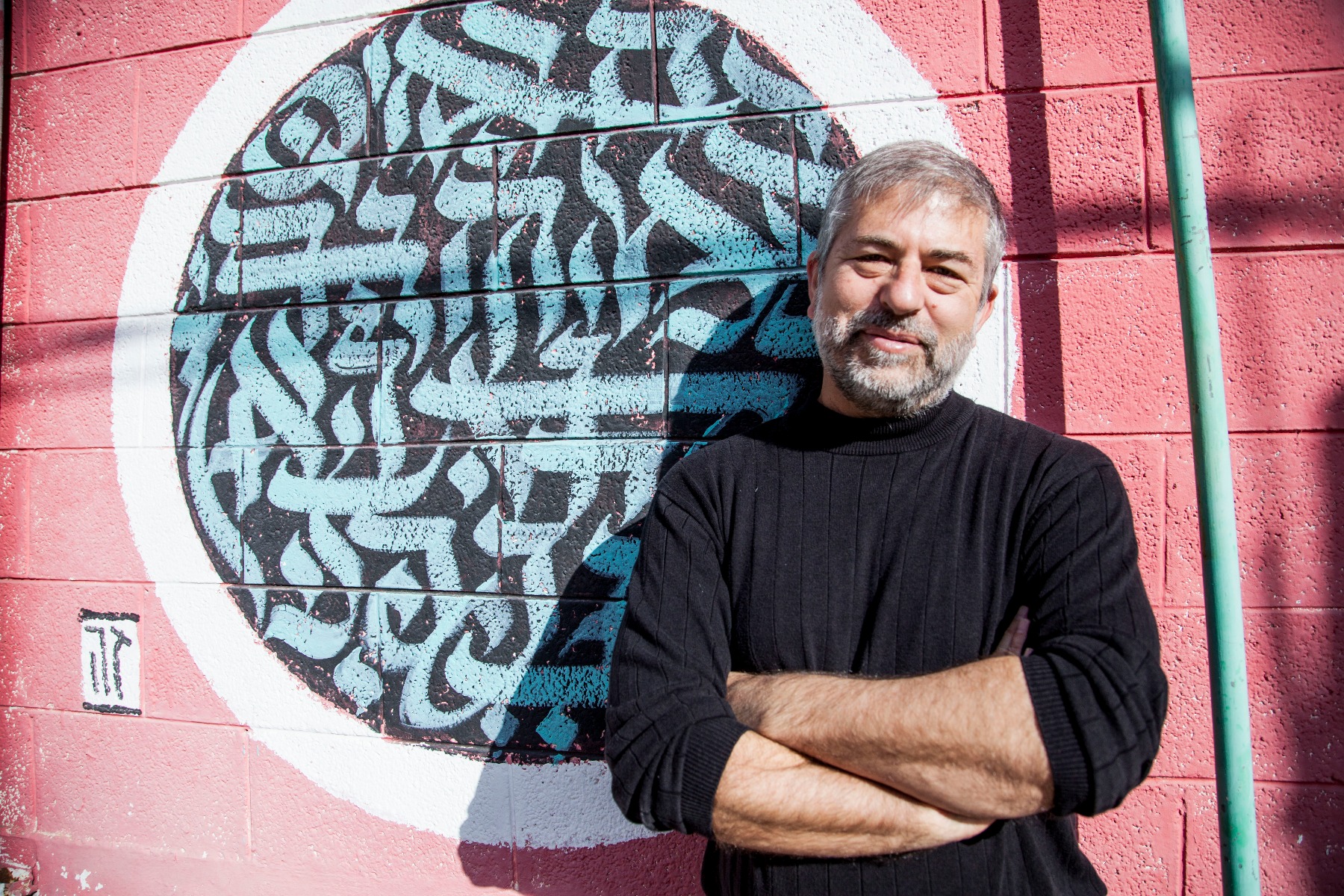Hebrew Wordshops - A New Way to Connect to Hebrew: When It Comes to Language, The Jews Are A Choosing People
Hebrew Wordshops - A New Way to Connect to Hebrew: When It Comes to Language, The Jews Are A Choosing People
Written by Dr. Jeremy Benstein, "Hebrew Wordshops - A New Way to Connect to Hebrew" explores the potency of the three-letter roots that enrich our connection to Hebrew and Jewish values.
Israel just had elections and will have them again pretty soon. And while American elections are further off, they too have colonized our consciousness. We Americans and Israelis seem to love our choosing, even if we don't always like our choices.
The word for "elections" in Hebrew is bechirot, בחירות, from the three-letter root b-ch-r, ב-ח-ר, "choose." Like many roots in Hebrew, this one spans the millennia and connects historical religious Hebrew with modern spoken Hebrew. Traditional Jewish liturgy proclaims ata bechartanu, אתה בחרתנו, "You have chosen us," whereas in secular society it is we who do the choosing. Politically, nivcharim נבחרים ("b" changes to "v" here in transliteration) are "those chosen to represent," for instance in Knesset; while on the sports field, a nivcheret נבחרת is an "all-star team."
A different form from the same root is bachur(a), (בחור/(ה a "young man or woman" (Yiddish boch'r), outstanding by virtue of youth and strength. But don't confuse bachur בחור with bechor, בכור, the "first born" (spelled differently), which is another sort of selection.
We recently celebrated the holiday of Shavuot, Chag Habicurim, חג הביכורים, the Festival of First "born" Fruits, and the Giving of the Law. Of course, the "giving of the Law" is one thing, and the "elected law-givers" quite another. And while the Knesset (Israeli parliament) and a beit knesset (synagogue) share the same root, try not to confuse "demagogues" with "synagogues."

Hebrew, both today and back then, has also long incorporated words from other languages. For instance, Israelis vote at the kalpi or kalfi, the very non-Hebraic "ballot box." But what could be more appropriate than an ancient Greek term to house our democratic rites? Interestingly, kalpi originally meant an "urn for drawing lots," and appears in rabbinic literature as the container for the lots to decide the fate of the two goat sacrifices of Yom Kippur. One was to be sacrificed on the altar, the other driven out to Azazel, becoming the original "scapegoat." Whereas the ancient Jews removed slips of paper from the kalpi, we put ours in, but perhaps the result, the choosing of a scapegoat, isn't all that different.
When it comes to languages, we think of our choices – what to learn? what to try to speak? - as personal. But we don't think about linguistic variety and choice on the level of peoplehood.
Jews as a people have been choosing their languages since Biblical times. Hebrew has often competed with other languages: Aramaic and Greek, Arabic and German, even Yiddish and Ladino. And now – English. But as in other areas of life, there are choices to be made. And just as a candidate is elected state by state, vote by vote, we can choose to connect to Hebrew, root by root, word by word.
------
Benstein is the author of the recently released Hebrew Roots, Jewish Routes: A Tribal Language in a Global World.

